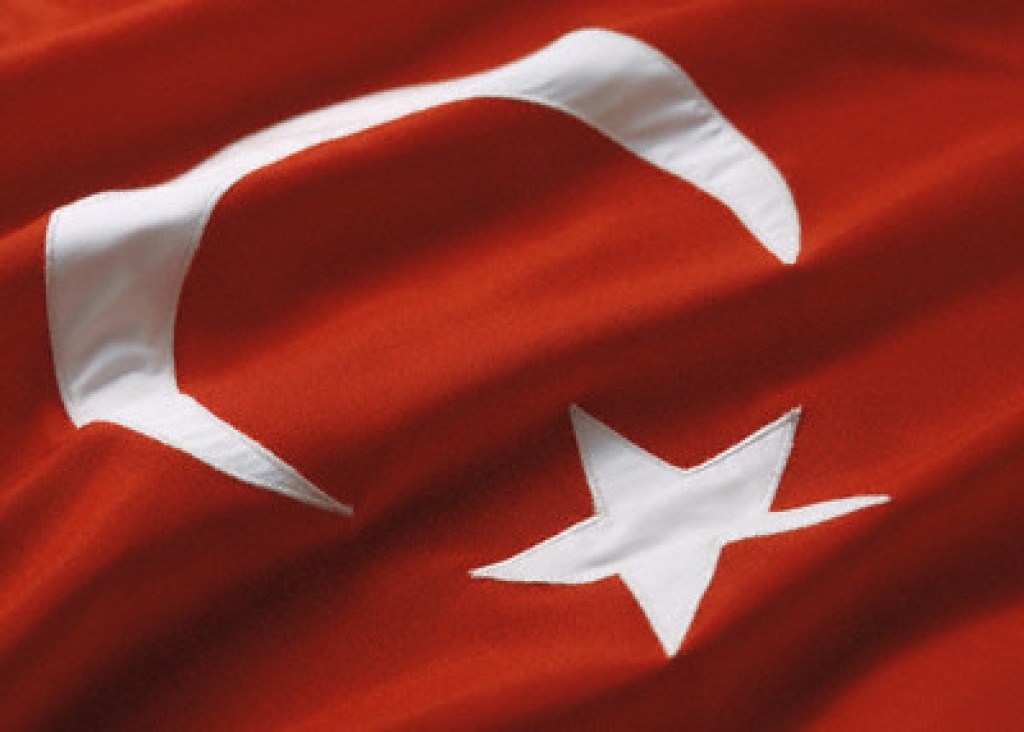 ISTANBUL: Turkey's inflation rose a bit less than expected to 16.65pc in July after tax cuts on some goods expired, briefly disrupting a downward trend that is expected to resume in coming months, clearing the path to further interest-rate cuts.
ISTANBUL: Turkey's inflation rose a bit less than expected to 16.65pc in July after tax cuts on some goods expired, briefly disrupting a downward trend that is expected to resume in coming months, clearing the path to further interest-rate cuts.
The median estimate of annual consumer price inflation was 16.9pc, based on a Reuters poll. It was up from 15.72pc in June. Month-on-month, consumer prices rose 1.36pc, lower than the poll's 1.6pc median forecast.
Turkish inflation, a key concern for Turks and investors alike, soared to a 15-year high of more than 25pc in October in the wake of a currency crisis that saw the lira lose nearly 30pc against the dollar last year.
The lira has firmed in recent months even as worries remain over central bank independence, possible US sanctions over Russian missile defences and a nearly year-long "dollarization" trend of Turks turning to more stable currencies.
Separately on Monday, Turkey's central bank hiked requirement ratios on forex deposits, the latest in a series of moves this year to trim foreign currency in the banking sector. More than half of all deposits are now non-lira.
The lira firmed slightly following the inflation data and the central bank move but was still down on the day. It stood at 5.5665 against the dollar at 0825 GMT, declining some 0.3pc from Friday's close of 5.5490.
The currency, which has mostly recovered from another selloff earlier this year, has firmed in recent weeks even after the central bank slashed its policy rate by 425 basis points in July to 19.75pc.
TAX CUTS, PRICE HIKES
Miscellaneous goods and services prices showed the largest annual increase last month, surging 26.93pc. That was followed by household goods prices, which rose 25.41pc.
Discounts in the value added and special consumption taxes on white goods, furniture and automotives ended on June 30th. They were adopted last year in the wake of the crisis to spur spending and boost the economy that tipped into recession.
Adding to the one-off price pressures, consumer electricity tariffs were also hiked by 15pc as of July 1.
July inflation was helped by an improvement in food prices but was pushed higher by tax cuts ending," said Muammer Komurcuoglu, economist at Is Investment.
"Transportation, housing and furnishing group posted significant contributions to headline (inflation) due to end of tax incentives," he said.
In June, consumer inflation fell to its lowest level in a year thanks to a drop in food prices and a high so-called base effect, which after the July rise should again bring inflation readings down in August, September and October.
Komurcuoglu predicted inflation would fall to around 9-10pc in coming months due to base effects, before rising to 14pc by year-end.
The recent decline in inflation opened the way last month for Turkey's central bank to begin what is expected to be a policy easing cycle.
Turkey's producer price index fell 0.99pc month-on-month in July, for an annual rise of 21.66pc.
REQUIRED RESERVES
Last week, the bank cut its inflation forecast for 2019 to 13.9pc from 14.6pc, but left next year's outlook unchanged at 8.2pc. Governor Murat Uysal has said the bank has "considerable" room for manoeuvre.
The forex adjustment aims to boost financial stability, and raised reserve requirement ratios on forex deposits and participation funds by 100 basis points for all maturity brackets.
The central bank also said the remuneration rate for US dollar denominated required reserves, reserve options and free reserves held at the bank has been decreased by 100 basis points and set at 1pc.
It said the measures would withdraw $2.1 billion of forex liquidity from the market.
Tim Ash, strategist at BlueBay Asset Management, said the move was meant to curb the "attractiveness of holding FX deposits" and thereby slow dollarisation.
Forex deposits made up some 54pc of all deposits in the banking sector as of the end of June, according to the BDDK banking watchdog.
























Comments
Comments are closed.